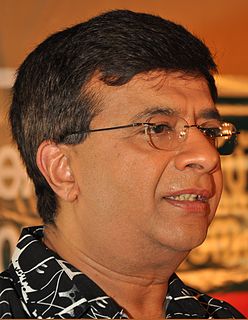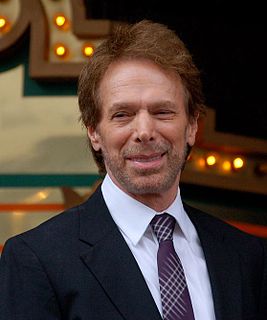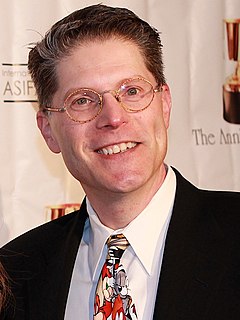A Quote by Y. G. Mahendran
I believe that actors should get into the soul of the characters, even if it is just for one scene.
Related Quotes
For us as writers, it's really important to have songs we believe in - even before sometimes we shoot a scene. If we have a song that's so perfectly designed for a scene on 'Rescue Me,' we'll play it on loud speakers during the shooting. It helps the cameraman and it helps the director, and it helps the actors know what the feel is.
I really feel that actors should really know who they are as characters; they should really study their lines; they should be prepared; but once they come to set, for me the most exciting way to shoot a scene is to really find it, really kind of grind your way through it, until you feel like you have something that you can put together.
I really like the Chris-R scene and of course the "you are tearing me apart Lisa" scene. The reason I love the Chris-R scene is because we worked really hard to finish it. It's not just that though, it brings people together. Everyone is one the roof together by the end of the scene. You see the perspectives of the different characters. I feel like with all the connections in this scene that the room connects the entire world
Normally, filmmakers would just write a script and cast people to act as certain characters in the story. But in my way of doing things, I have the actors in my mind already, so I'm trying to borrow something that's unique to them. The characters have a very natural connection to the actors themselves.

































